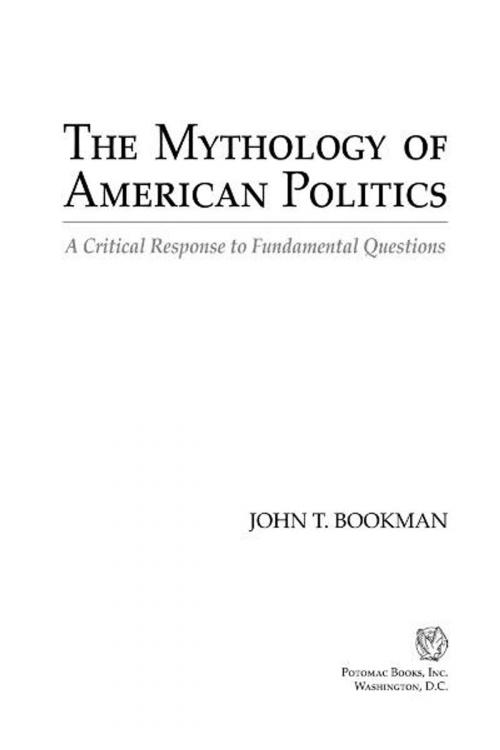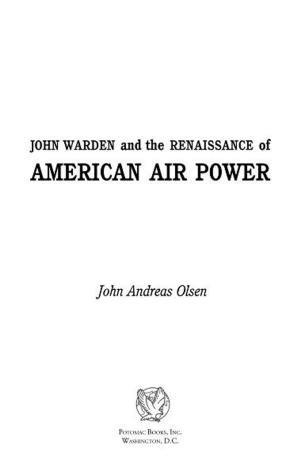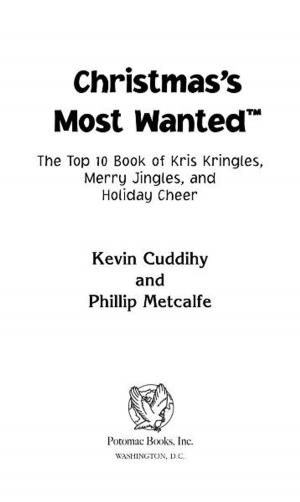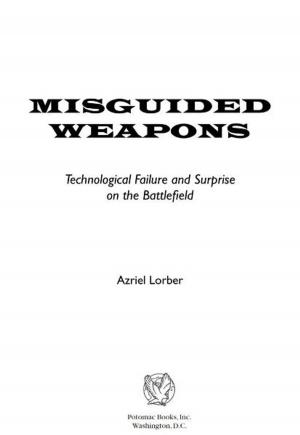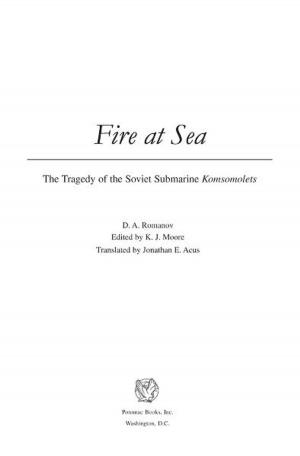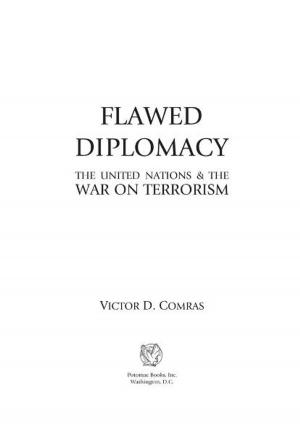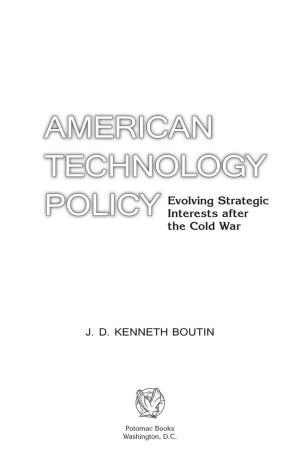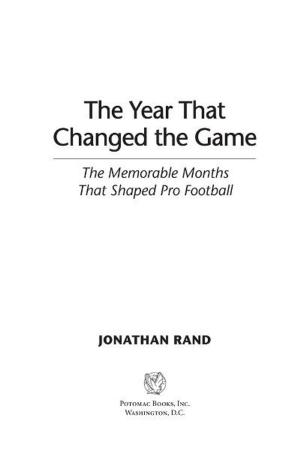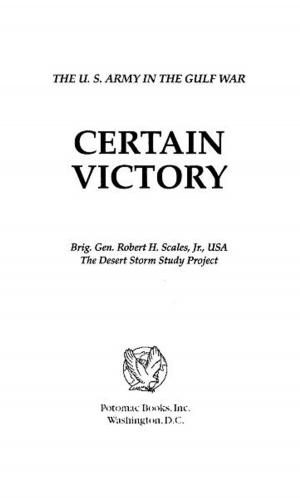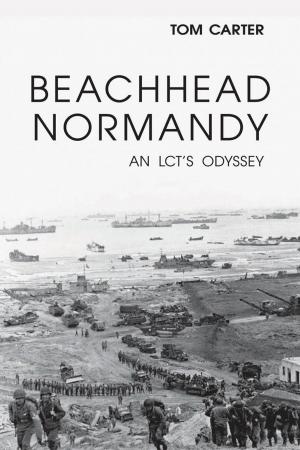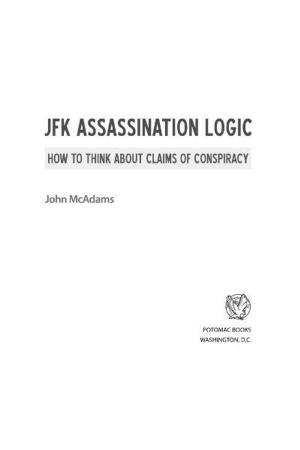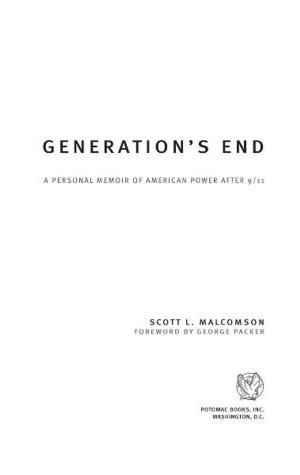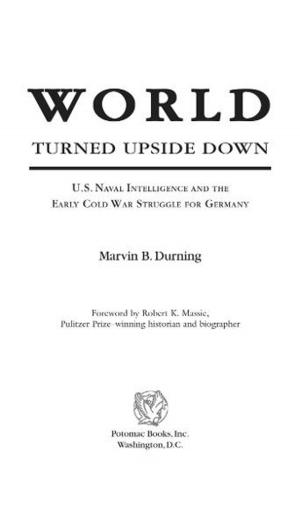The Mythology of American Politics
Nonfiction, Social & Cultural Studies, Political Science, Government, Democracy, Religion & Spirituality, Philosophy, Political, History, Americas, United States| Author: | John T. Bookman | ISBN: | 9781612343914 |
| Publisher: | Potomac Books Inc. | Publication: | July 31, 2008 |
| Imprint: | Potomac Books Inc. | Language: | English |
| Author: | John T. Bookman |
| ISBN: | 9781612343914 |
| Publisher: | Potomac Books Inc. |
| Publication: | July 31, 2008 |
| Imprint: | Potomac Books Inc. |
| Language: | English |
In this provocative set of essays, John Bookman delves beneath the transitory issues of the day to identify and respond to the fundamental, perennial questions of American politics. The questions concern the myths that shape the thinking of so many Americans about politics. These myths are the popular narratives that impart meaning to the American experience and define for many what it is to be an American. For the first time, readers have under one cover a sober, informed examination of these myths.
Among the myths subjected to critical examination are the following:
1. The Framers of the Constitution were fundamentalist Christians. Americans at the time of the founding constituted a Christian nation.
2. The Framers were disinterested demigods who wrote a constitution for the ages.
3. James Madison intended separation of powers and checks and balances to protect the general citizenry against government.
4. Constitutional constraints on democratic majorities are necessary to prevent tyranny of the majority.
5. The United States is exceptional. It is more populist, egalitarian, religious, patriotic, and prosperous than other nations.
6. Americans are a chosen people marked out by God or history to carry out a world-historical mission.
7. The unfettered market uses resources more efficiently, better promotes growth, and confers more freedom than other ways of organizing the production and distribution of goods and services.
In his examination of these myths, Bookman does not slight argument in favor of description and explanation. He does not neglect description and explanation, but he enlists them in the service of arguments, and those arguments reach conclusions sure to be controversial.
Among the myths subjected to critical examination are the following:
1. The Framers of the Constitution were fundamentalist Christians. Americans at the time of the founding constituted a Christian nation.
2. The Framers were disinterested demigods who wrote a constitution for the ages.
3. James Madison intended separation of powers and checks and balances to protect the general citizenry against government.
4. Constitutional constraints on democratic majorities are necessary to prevent tyranny of the majority.
5. The United States is exceptional. It is more populist, egalitarian, religious, patriotic, and prosperous than other nations.
6. Americans are a chosen people marked out by God or history to carry out a world-historical mission.
7. The unfettered market uses resources more efficiently, better promotes growth, and confers more freedom than other ways of organizing the production and distribution of goods and services.
In his examination of these myths, Bookman does not slight argument in favor of description and explanation. He does not neglect description and explanation, but he enlists them in the service of arguments, and those arguments reach conclusions sure to be controversial.
In this provocative set of essays, John Bookman delves beneath the transitory issues of the day to identify and respond to the fundamental, perennial questions of American politics. The questions concern the myths that shape the thinking of so many Americans about politics. These myths are the popular narratives that impart meaning to the American experience and define for many what it is to be an American. For the first time, readers have under one cover a sober, informed examination of these myths.
Among the myths subjected to critical examination are the following:
1. The Framers of the Constitution were fundamentalist Christians. Americans at the time of the founding constituted a Christian nation.
2. The Framers were disinterested demigods who wrote a constitution for the ages.
3. James Madison intended separation of powers and checks and balances to protect the general citizenry against government.
4. Constitutional constraints on democratic majorities are necessary to prevent tyranny of the majority.
5. The United States is exceptional. It is more populist, egalitarian, religious, patriotic, and prosperous than other nations.
6. Americans are a chosen people marked out by God or history to carry out a world-historical mission.
7. The unfettered market uses resources more efficiently, better promotes growth, and confers more freedom than other ways of organizing the production and distribution of goods and services.
In his examination of these myths, Bookman does not slight argument in favor of description and explanation. He does not neglect description and explanation, but he enlists them in the service of arguments, and those arguments reach conclusions sure to be controversial.
Among the myths subjected to critical examination are the following:
1. The Framers of the Constitution were fundamentalist Christians. Americans at the time of the founding constituted a Christian nation.
2. The Framers were disinterested demigods who wrote a constitution for the ages.
3. James Madison intended separation of powers and checks and balances to protect the general citizenry against government.
4. Constitutional constraints on democratic majorities are necessary to prevent tyranny of the majority.
5. The United States is exceptional. It is more populist, egalitarian, religious, patriotic, and prosperous than other nations.
6. Americans are a chosen people marked out by God or history to carry out a world-historical mission.
7. The unfettered market uses resources more efficiently, better promotes growth, and confers more freedom than other ways of organizing the production and distribution of goods and services.
In his examination of these myths, Bookman does not slight argument in favor of description and explanation. He does not neglect description and explanation, but he enlists them in the service of arguments, and those arguments reach conclusions sure to be controversial.
